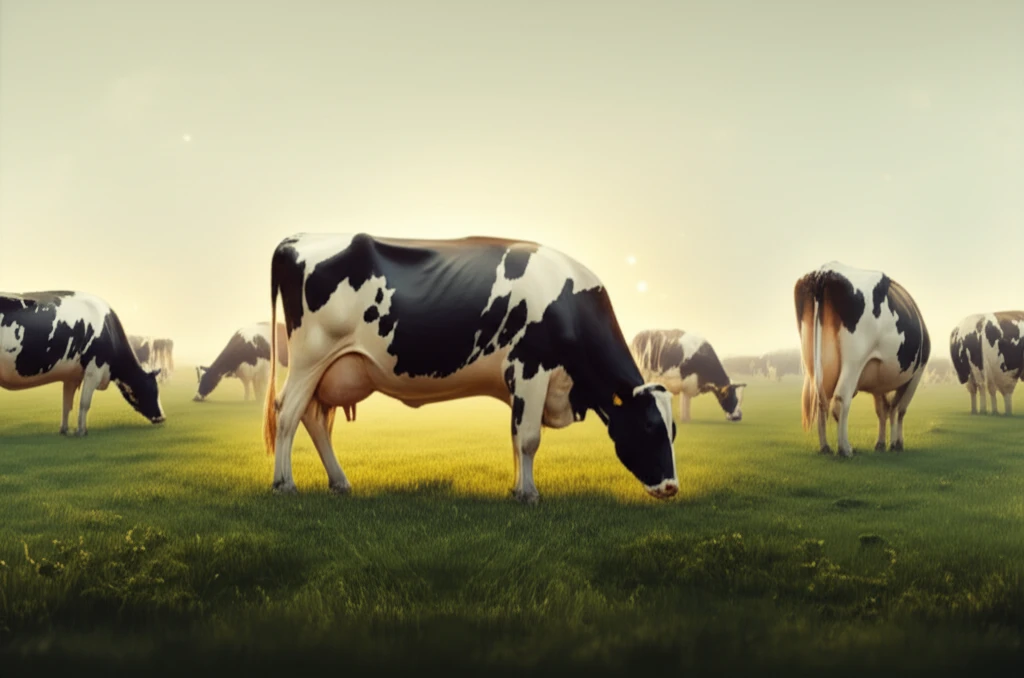
Hormone Harmony: How Immunocastration Impacts Bull Behavior and Meat Quality
"Discover how immunocastration can revolutionize cattle farming, improving animal welfare and product quality."
For decades, castration has been a routine practice in cattle farming, primarily aimed at reducing aggressive behaviors and improving meat quality. Traditional methods, while effective, often cause significant stress, pain, and prolonged recovery periods for the animals. This not only raises ethical concerns but can also negatively impact their overall well-being and growth.
However, there's a transformative alternative on the horizon: immunocastration. This method uses the body's immune system to naturally suppress hormone production, reducing aggression and enhancing meat quality without the physical trauma of traditional castration. As consumer awareness and ethical standards in farming practices continue to rise, understanding immunocastration becomes increasingly vital.
This article delves into the science behind immunocastration, its impact on bull behavior and physiology, and how it can lead to more sustainable and ethical farming practices. Whether you're a farmer, a consumer, or simply someone interested in animal welfare, this comprehensive guide will provide valuable insights into this groundbreaking approach.
The Science of Immunocastration: A Humane Approach

Immunocastration offers a revolutionary alternative to traditional castration methods. Unlike surgical castration, which involves the physical removal of the testicles, immunocastration uses the animal’s own immune system to reduce testosterone production. This is achieved by administering a vaccine, such as Bopriva, that stimulates the production of antibodies. These antibodies then neutralize Gonadotropin-Releasing Hormone (GnRH), a key hormone responsible for stimulating the production of testosterone.
- Reduced Aggression: Lower testosterone levels mean less aggressive behavior, making handling safer for both animals and handlers.
- Improved Meat Quality: Reduced stress leads to better muscle development and meat quality.
- Ethical Farming: Immunocastration aligns with growing consumer demands for more humane farming practices.
- Minimized Pain: Unlike surgical castration, immunocastration causes minimal discomfort.
Embracing a Humane Future for Cattle Farming
Immunocastration represents a significant step forward in ethical and sustainable cattle farming. By reducing stress and aggression in bulls, this method not only enhances animal welfare but also improves the quality of meat production. As consumer demand for ethically sourced products continues to grow, embracing immunocastration can provide farmers with a competitive edge while contributing to a more humane and sustainable food system. The transition to immunocastration is an investment in the well-being of animals, the quality of products, and the future of farming.
